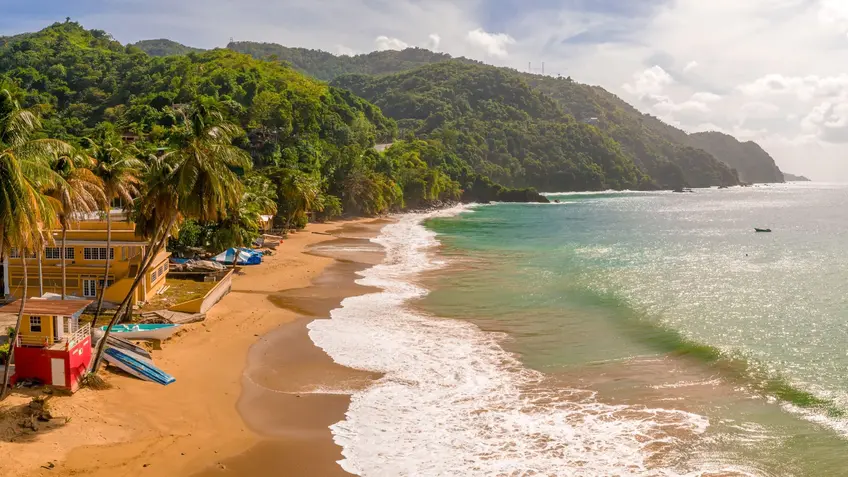Jamaica's Long-Term Emissions Reduction and Climate-Resilience Strategy for 2050
Jamaica, despite its relatively minimal contribution to global emissions, recognizes the urgency of climate action. As a Small Island Developing State (SIDS), Jamaica faces some of the most immediate dangers posed by climate change, including hurricanes, extreme weather events, sea-level rise and land erosion. In response, Jamaica has taken proactive steps, becoming the first Caribbean country to submit its updated NDC in 2020 and embarking on the development of a Long-Term Emissions Reduction and Climate Resilient Strategy (LTS) for 2050.
This LTS development will help Jamaica align national climate goals with its Vision 2030 development planning process, guiding and harmonizing the country's overall mid-century ambitions. This initiative is critical for Jamaica, particularly given the vulnerable nature of SIDS, as it ensures long-term sustainable growth, demonstrates the country's commitment to global climate change efforts and helps mitigate and adapt to the effects of climate change.
Jamaica's LTS development has been directly supported by experts from Climate Analytics and the 2050 Pathways Platform through the NDC Partnership's Climate Action Enhancement Package (CAEP). These collaborations provided technical expertise, analytical work, energy modeling, capacity assessments and research inputs that guided the overall process. The bulk of identified actions for mitigation and adaptation, meanwhile, were drawn from the LTS recommendations developed by Vivid Economics and the World Bank.
Now in its final stages, the Ministry of Economic Growth and Job Creation (MEGJC), through the Climate Change Division (CCD) and the Planning Institute of Jamaica (PIOJ), recently concluded consultations with key stakeholders and partners to validate the draft LTS for 2050. This validation process, supported by the International Climate Initiative (IKI) with technical support from 2050 Pathways and Climate Analytics, has incorporated international best practices and engaged with national sectoral stakeholders. The LTS will be complemented by an operationalization plan outlining strategies for implementation.
The final LTS and operationalization plan are expected to be completed and available by the end of 2023, solidifying Jamaica’s commitments under the Paris Agreement and providing a roadmap for climate-resilient growth. With clear, incremental 5-year milestones, the plan will outline significant sectoral goals by 2050, such as generating 100% of electricity from renewable sources, increasing share of electric vehicles in the national passenger fleet to at least 67%, increasing mangrove cover by 4,000 hectares and increasing forest cover by 150 hectares per year.
The LTS marks a significant milestone for Jamaica's climate action, setting the country on a path towards achieving a low-carbon and climate-resilient future through sustainable development.
